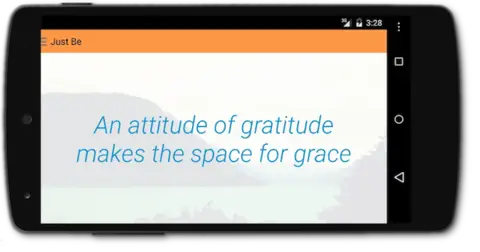[This is a story from a book that I have, but unfortunately at the moment I can’t remember the name of the book. I just typed this by hand from some images I have of the original story.]
One day during a speech Hakuin said, “They say there’s a pure land where everything is only mind, and that there’s a Buddha of light in your own body. Once that Buddha of light appears, mountains, rivers, earth, grass, trees, and forests suddenly glow with a great light. To see this, you have to look inside your own heart.”
An old innkeeper who had meditated for many years was sitting in the audience, and when she heard this, she felt a strange understanding of his words. She later told her family, “I feel that happiness is as near as my skin.” When she was awake and asleep she kept his words alive:
“Inside your own heart, trees shine with a great light.”

